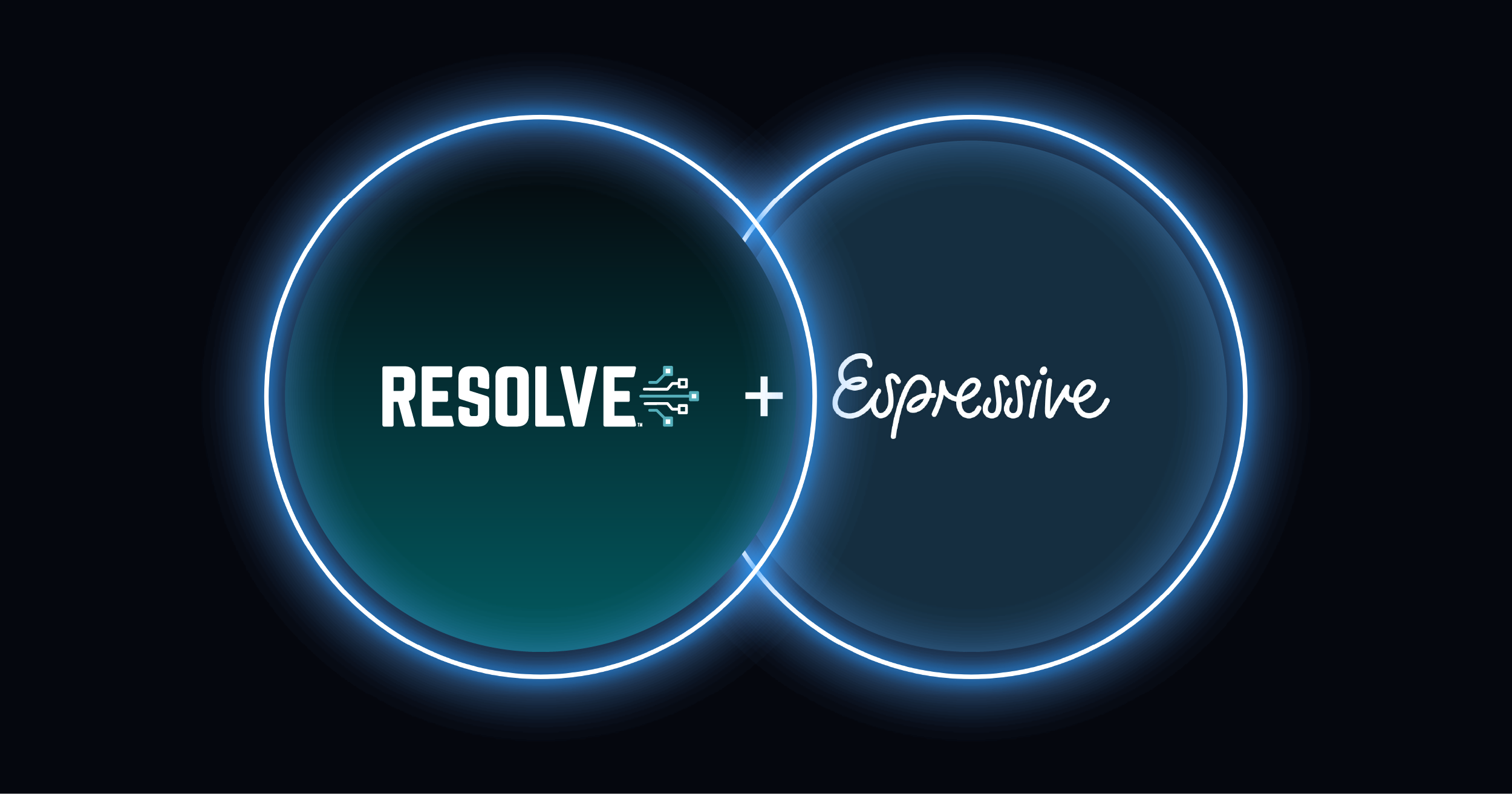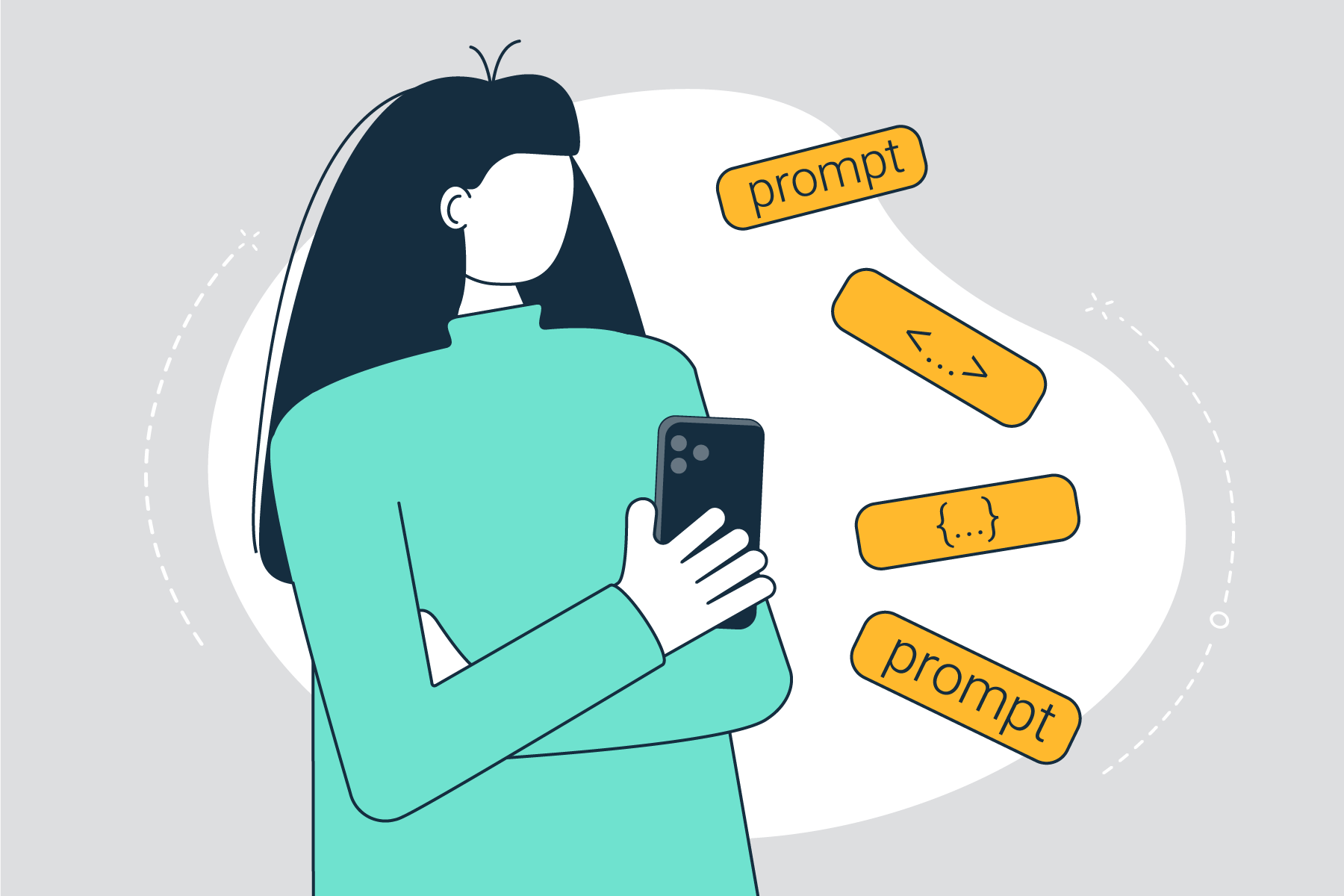
There are moments in product development when you know something big just happened.
This is one of them.
After years of pushing the boundaries of conversational AI, we’ve cracked one of the toughest challenges in the space: long-term memory. And not just short-lived session memory — we’re talking about persistent, contextual, employee-specific memory that spans weeks, months, or as long as needed.
This breakthrough fundamentally reshapes how virtual agents serve the enterprise. BaristaGPT can now remember you — your preferences, your tools, your communication style, your past issues. That means no more starting over. No more repeating yourself. No more frustration when a virtual agent forgets what you just told it last week.
It’s not just smarter. It’s more human.
The Problem We Set Out to Solve
Let’s be honest: conversational AI hasn’t always felt conversational.
Employees get asked the same questions over and over. “What tool are you using?” “What’s your location?” “What’s your department?” Virtual agents forget everything the moment a session ends, putting the burden on employees to over-explain things every time they need help.
Years ago, we solved short-term memory to enable fluid multi-turn conversations within a session. That alone made BaristaGPT more capable than many virtual agents on the market. But even then, something was missing.
Because real conversations don’t end with a session.
They pick up where they left off.
To truly transform the employee experience, we had to solve long-term memory.
Why Long-Term Memory Is So Hard (and Why Others Still Haven't Solved It)
Most virtual agents weren’t built with real memory in mind.
They rely on intent-based NLP, processing each user utterance in isolation, then forgetting it when a session ends.
Some platforms try to patch this with short-lived “context windows” to mimic memory—but these are fragile, often require external systems tore-inject context, and expire within minutes.
Others offer more advanced memory models on paper. Moveworks, for example, recently outlined new constructs — semantic, episodic, procedural, and working memory — in its AI assistant framework. But as impressive as these sound, their memory still comes with hard limits. Context is automatically learned every 24 hours because, as they admit, “long conversation history might confuse the LLM.” Even if a conversation spans multiple days, anything older than a day is wiped. They also mention a forthcoming “memories” feature, but it’s not yet generally available—and employees have no visibility or control over what’s stored.
ServiceNow’s Now Assist agents use a memory table (sn_aia_memory) to retain data across sessions, but the approach is similar: context is reset daily, and memory is only applied within defined workflows. The agent can’t organically reference past interactions unless explicitly told to, and employees have no way to manage or correct what the system remembers.
So while many vendors talk about long-term memory, what they’re really offering is a 24-hour reset — not persistence.
And none of them empower employees with transparency or control.
How We Cracked the Code
We reimagined memory not as a technical feature — but as a core capability in making AI truly helpful.
BaristaGPT now creates and maintains personalized memory across conversations. If an employee clarifies that “CRM” means Salesforce, BaristaGPT remembers. If they share a preferred communication tool or work location, BaristaGPT remembers. If a tool or team name is vague, BaristaGPT can disambiguate it once — and never ask again.
And we didn’t stop at storing memory — we made it conversational. BaristaGPT draws on this memory proactively and naturally
- Pre-filling forms with known preferences
- Avoiding repeated questions
- Providing smarter, more relevant responses
- Reacting to contextual changes over time
Best of all, BaristaGPT puts employees in control. Memory is transparent and manageable. Employees can view what’s remembered, update details, or reset memory altogether. That’s not just powerful — it’s responsible AI.
What This Means for the Employee Experience
This is a leap forward in making virtual agents feel like actual assistants.
- BaristaGPT now continues conversations across time, not just within sessions
- It adapts to each employee's environment and preferences — automatically
- It becomes more helpful with every interaction — without needing to be rebuilt or re-trained
It’s no longer just about answering questions. It’s about building continuity, trust, and relationships.
And this kind of intelligence unlocks speed, personalization, and consistency at scale.
What's Next
Now that BaristaGPT has memory, we’re entering a new era of employee support. Expect to see:
- Proactive nudges when action is needed
- Smart defaults based on behavior and role
- Escalations that skip repeated context-gathering
- Workflows that evolve dynamically based on who you are and what you've done before
And that’s just the beginning. We’ve always believed that the best AI doesn’t just respond — it understands. Long-term memory brings us closer to that vision than ever before.
We didn’t just teach BaristaGPT to remember everything. We taught BaristaGPT to remember the right things.v And that changes everything.









.png)



